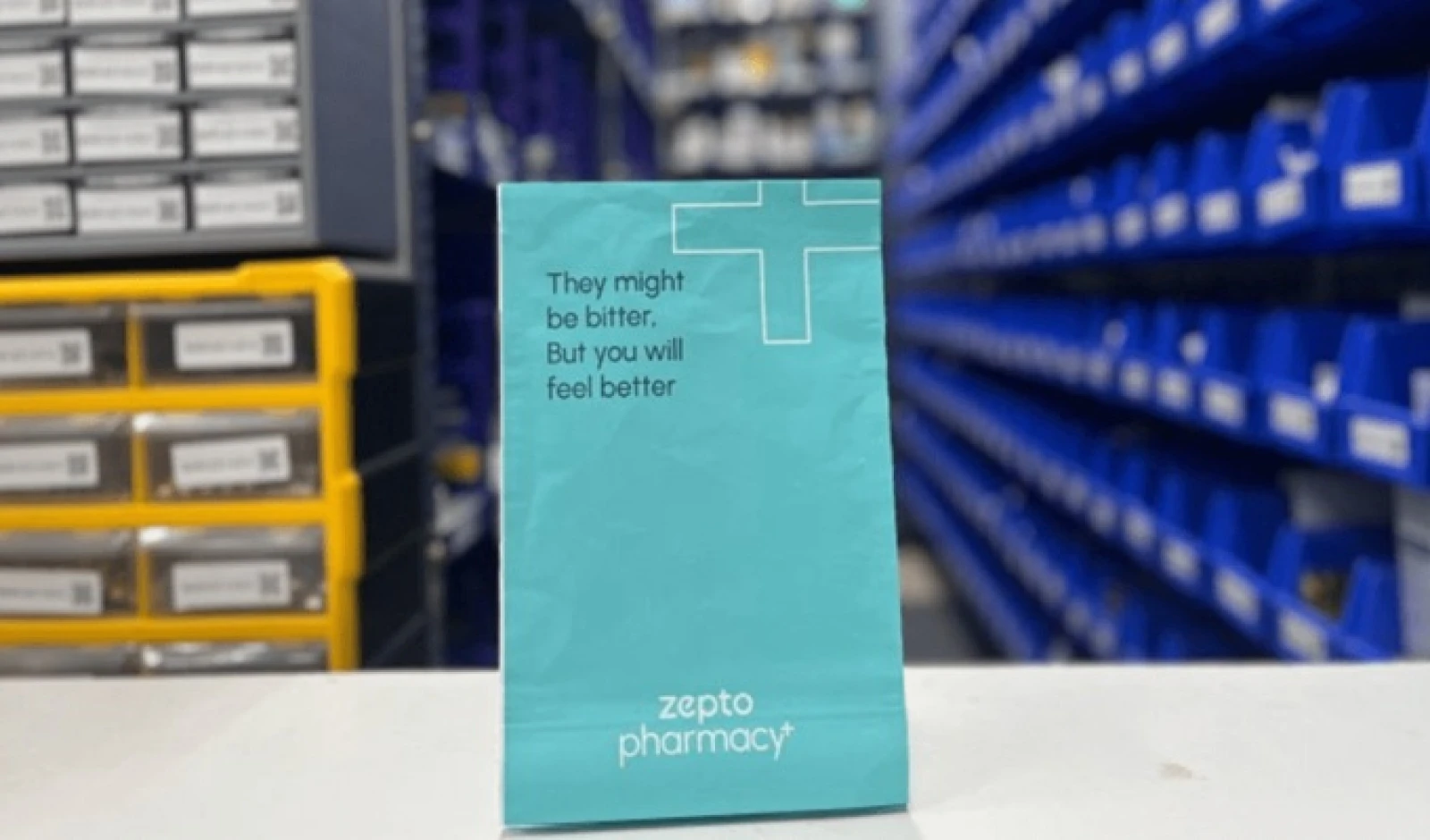
Quick commerce startup Zepto has officially entered the online pharmacy space with the launch of Zepto Pharmacy, a new service offering prescription and over-the-counter medicines delivered in just 10 minutes. The rollout is currently limited to select areas in Mumbai, Bengaluru, Delhi-NCR, and Hyderabad.
The move puts Zepto in direct competition with e-pharmacy giants like Tata 1mg, PharmEasy, and Apollo 24/7, as well as its quick commerce rival Blinkit, which launched a similar medicine delivery service last week.
Unlike Blinkit's recent initiatives that include emergency medical response—such as its 10-minute ambulance service launched earlier this year in Gurugram—Zepto’s offering focuses on everyday medicine delivery. It aims to bridge accessibility gaps while maintaining high standards in compliance and customer experience.
“Over the past 12 months, the team has worked tirelessly to perfect the customer experience, supply chain, and compliance at a small scale,” said Aadit Palicha, co-founder and CEO of Zepto, in a LinkedIn post announcing the launch.
Palicha added that the company is adopting a cautious expansion strategy given the logistical complexity and regulatory demands of the e-pharmacy space. These include prescription verification, temperature-controlled storage, and stringent adherence to drug sale regulations.
The launch of Zepto Pharmacy comes amid broader strategic moves by the startup, including a recent rebrand of its parent entity from Kiranakart Technologies Pvt Ltd to Zepto Pvt Ltd. The name change is viewed as part of the company’s preparation for a potential initial public offering (IPO).
Founded in 2021, Zepto has become one of India’s fastest-growing quick commerce platforms, offering over 25,000 products through a network of dark stores in urban centers. With this new offering, the company aims to add a critical health component to its already expansive delivery ecosystem.
“If we execute well, we believe this service can seriously improve the lives of millions of customers across the country and help make important medicines easier to access when we need them the most,” Palicha said.

